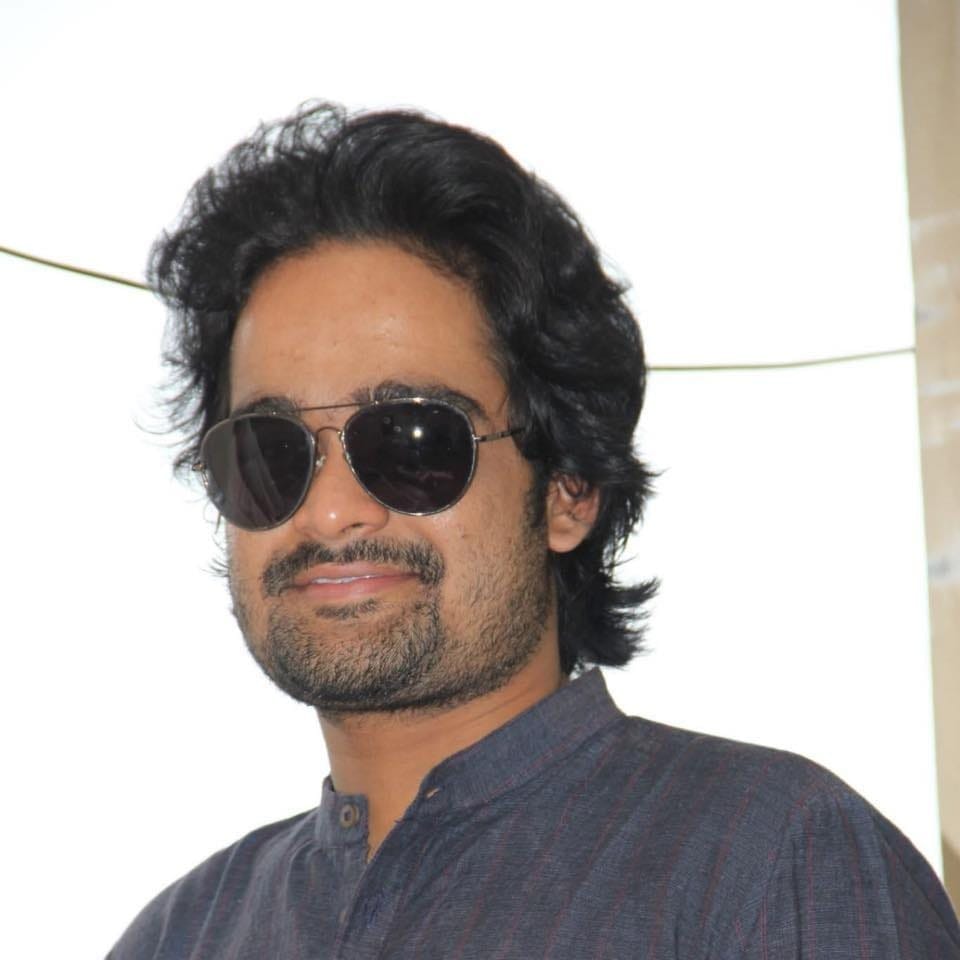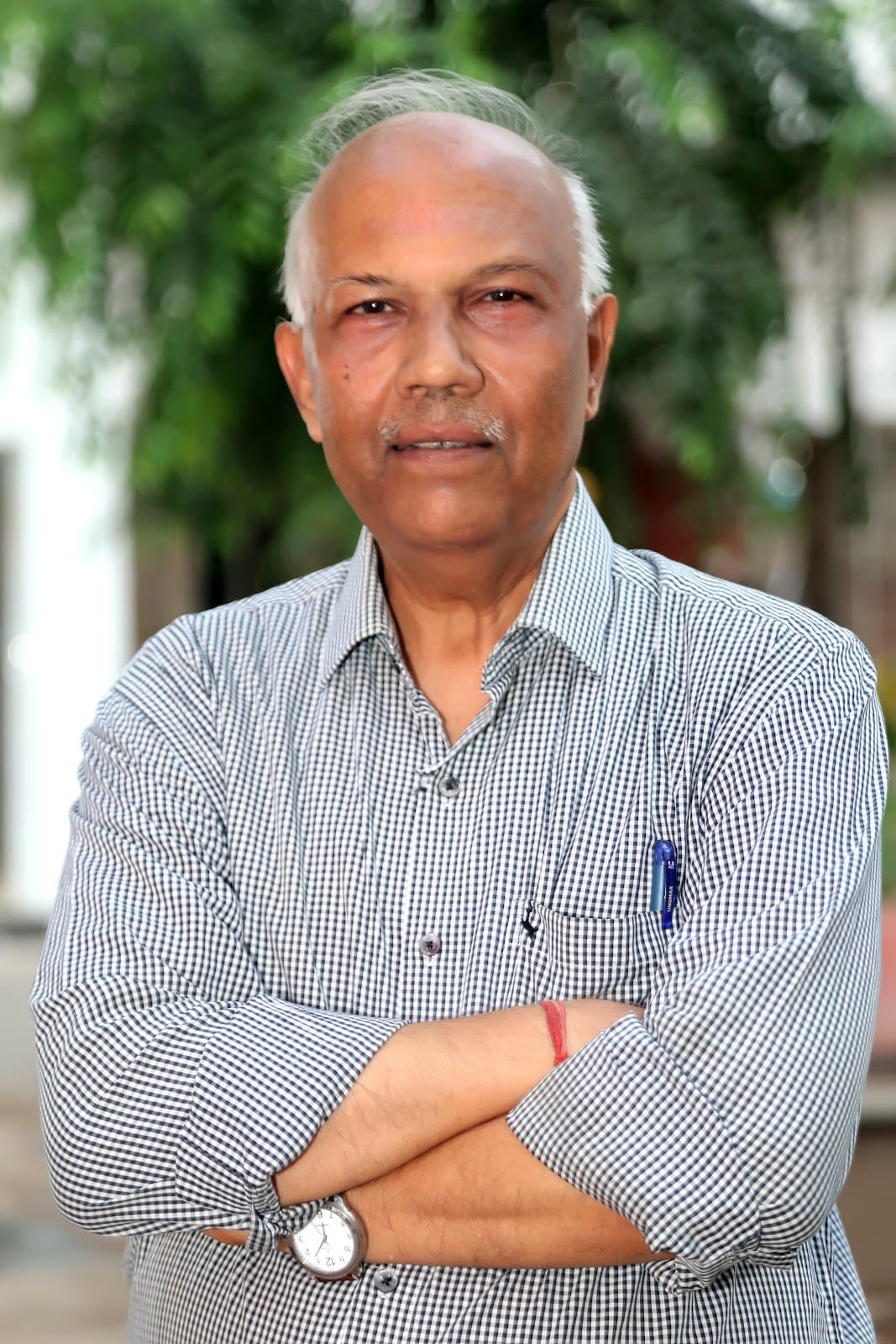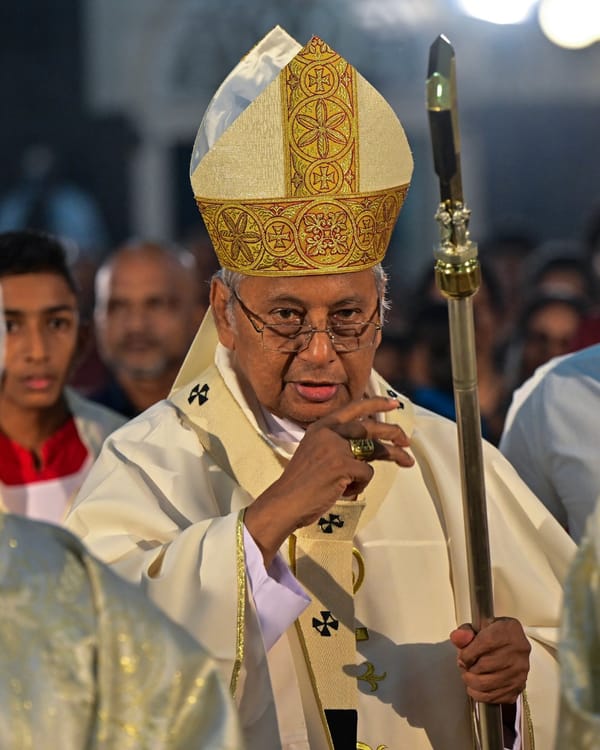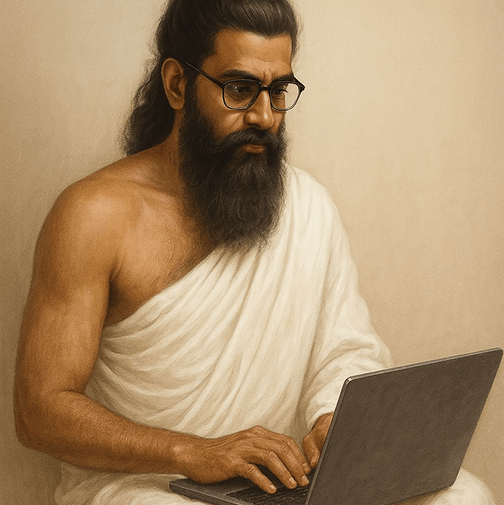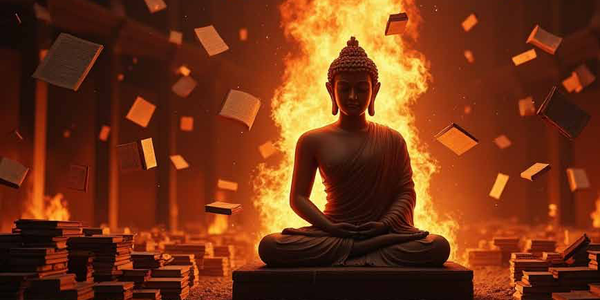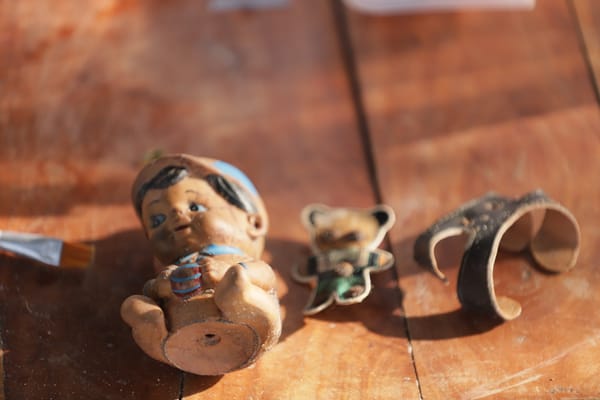
Sallay Detained 90 Days Under PTA
COLOMBO — Sri Lankan investigators have obtained legal authority to detain Suresh Sallay, the former Director of the State Intelligence Service, for up to 90 days under the Prevention of Terrorism Act (PTA), marking the most high-profile arrest in the nearly seven-year investigation into the 2019 Easter Sunday bombings. Sallay, a retired Major General, was en route to his office at the Pathfinder Foundation in Colombo when officers from the Criminal Investigation Department intercepted and arre

Our Special Correspondent



